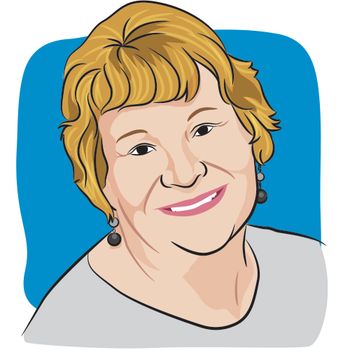
I’ve experienced mixed emotions during my periods of remission for my myelodysplastic syndrome.

I’ve experienced mixed emotions during my periods of remission for my myelodysplastic syndrome.

After being diagnosed with cancer, I learned that everyone handles grief differently.

As up to 42% of patients with cancer may be using cannabis, one expert spoke to CURE® to separate cannabis myths from reality.

Many cancer survivors experience fear of recurrence, even years into survivorship, so here are ways to help manage and face this fear.

While I have a good prognosis, I still sometimes find myself in cancer’s quicksand of the past, pulling me out of current moments of joy.

Undergoing cancer treatment is like pulling weeds — we hope we got the last of it and it does not return, but we can never be sure.
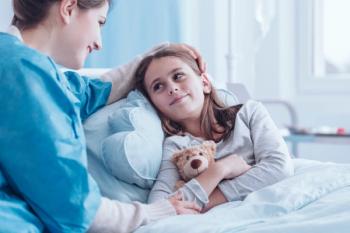
Musical play engages children with cancer, which relieves stress for them and their parents/caregivers, an expert said.
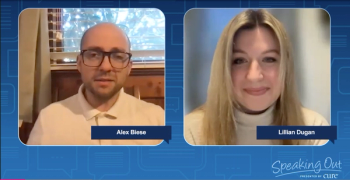
As part of its Speaking Out video series, CURE® spoke with Lillian Dugan of the Dear Jack Foundation about the needs of caregivers for adolescent and young adult patients with cancer.
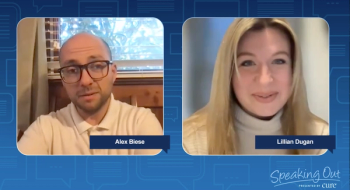
As part of its Speaking Out video series, CURE® spoke with Lillian Dugan of the Dear Jack Foundation about the issues faced by adolescent and young adult patients with cancer as they age into adult care.

As part of its Speaking Out video series, CURE® spoke with Lillian Dugan of the Dear Jack Foundation about how a cancer diagnosis ‘adds a new identity’ for adolescent and young adult patients.
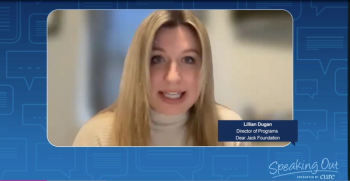
As part of its Speaking Out video series, CURE® spoke with Lillian Dugan of the Dear Jack Foundation about the power of mindfulness practices such as yoga and meditation.

As part of its Speaking Out video series, CURE® spoke with Lillian Dugan of the Dear Jack Foundation about the current landscape of research for adolescent and young adult patients with cancer.

The waiting in between scans heightens my scanxiety, even though I've had no evidence of disease for 2 1/2 years.
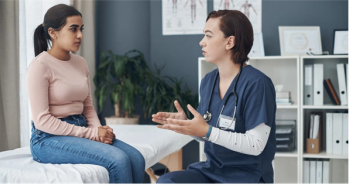
The director of programs for the Dear Jack Foundation explains issues young patients with cancer may face into adulthood.

Last week we saw some FDA approvals come through, as well as research that explored the psychosocial outcomes of individuals who survived pediatric rhabdosarcoma.

The time after a cancer diagnosis can be stressful, as the care team needs to balance unnecessary treatment delays with getting the therapeutic plan right.

Survivors of rhabdomyosarcoma may be at higher risk for poorer psychological outcomes, that radiation therapy and smoking may worsen.
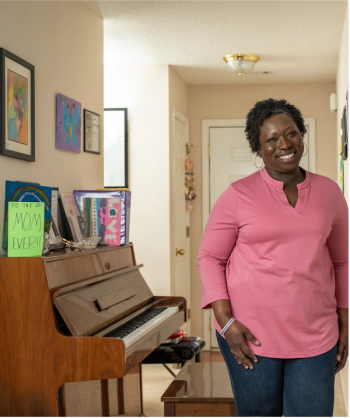
Mental health after cancer treatment has not been talked about enough, experts say, so how should survivors effectively care for their minds?

An oncology nurse discusses how virtual reality can be used to educate patients and decrease stress before treatment or while in palliative care.

Even though conquering cancer scared me, I knew being courageous would help me with the fight.

The anxiety of cancer will seemingly never go away.
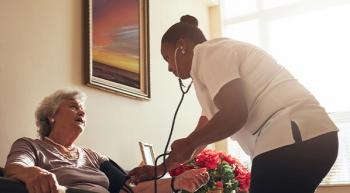
There were certain characteristics associated with a perceived loss of dignity in patients with cancer, according to recent research.
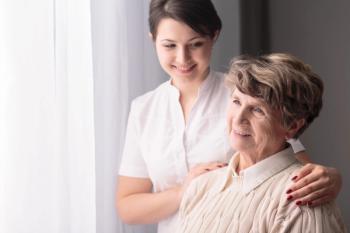
This study assessed the impact of laughter therapy in both patients with cancer and caregivers, and both groups showed decreases in mood disturbances, in addition to decreases in pain for patients and in burnout for caregivers.

After being diagnosed with a neuroendocrine cancer, I underwent seven phases of resiliency.

I used my tools as a psychotherapist after being faced with my own cancer diagnosis.

In one of my favorite movies featuring Brad Pitt, the actor plays the role of Death, who comes to earth in human form.
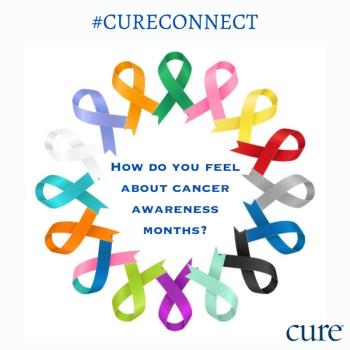
We asked our audience of patients, survivors and caregivers to those with cancer about their feelings on cancer awareness months. Here's what they had to say.
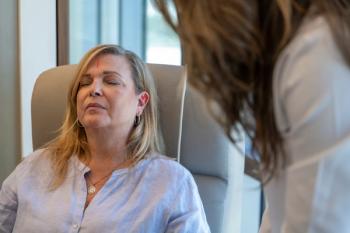
“Integrative therapies can be utilized at any point along the cancer spectrum from diagnosis, throughout treatment and into survivorship,” an expert said.

The recent publication of a guideline recommending mindfulness-based interventions highlight how important it is as a tactic to address symptoms of anxiety and depression in patients with cancer.

Constantly replaying scary cancer situations or drowning in anxiety isn’t only depressing it wastes valuable energy that could be used for healing.